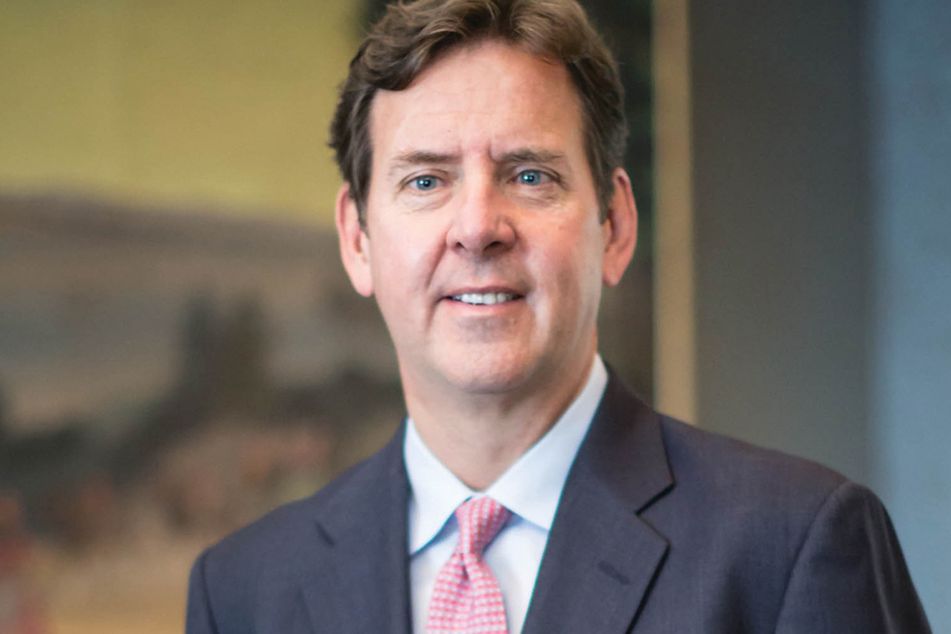What it means to move from a practice to a business
 Gerard Klingman
Gerard Klingman
Adviser Gerard Klingman explains his process for shifting to professional management.
There comes a time in every growing advisory firm’s life when the owner has to stop managing a practice and start running a business.
For Gerard Klingman, owner of Klingman & Associates, that moment came about 10 years ago when the firm reached $300 million in assets under management. Today the New York-based firm oversees about $1.5 billion.
“We were growing, but we weren’t running as effectively or intelligently as we could as a business,” he said.
At that point, Mr. Klingman began to spend some time each day thinking about business operations, and he later hired a consultant to help him craft a strategy for adding professional management.
The efforts culminated in the June 2014 hiring of Michael Paley as Klingman & Associate’s chief operating officer. Mr. Paley had been a managing director at Focus Financial Partners, where he provided ongoing consulting to the independent wealth management firms that joined Focus.
(More: “Forget ads to attract clients, only one thing matters”)
At Klingman & Associates, Mr. Paley focuses on how the firm can improve work flow and other operational tasks to better serve clients.
The transition to operating as a business can be difficult for the owner, who has to give up control of some of the functions he or she previously commanded, which typically include human resources, technology, strategy, compliance and investments.
It’s essential to hand off the tasks the owner “is worst at” to make it possible for them to focus on their best skills, Mr. Klingman said.
In his case, those are client acquisition and providing advice. At other firms, some owners might retain the money management role.
(More: “Food is the focus for this financial planner, who meets clients over bacon and eggs”)
“Giving up control is a challenge,” Mr. Klingman said. “Owners should force themselves to not be involved in every decision.”
Of course, the challenges of moving from practice to business are great problems to have, he said. “We are talking here about how to manage growth and the opportunity in the private wealth management space right now.”
TIP SHEET
– Owners must change their mind-set to focus on the tasks they do best — it can’t be everything. Reassign the duties the owner performs less well to others at the firm, or eventually hire a professional manager.
– Recognize that a shift to professional management will be tough on the staff, so make sure they understand the need for it.
– Make it clear to staff that the owner is truly delegating certain responsibilities to whomever is designated. Sending all staff inquiries to that person when questions arise is a great way to make the point stick.
– Develop a detailed job description for the new manager and specify what roles and goals they will take on and what roles the owner will retain.
– The owner and management professional or team should communicate a lot and spend time working together on strategy, especially when the professional is first brought into the firm. Don’t operate in silos.
– Make decisions based on what’s best for clients.
Learn more about reprints and licensing for this article.








